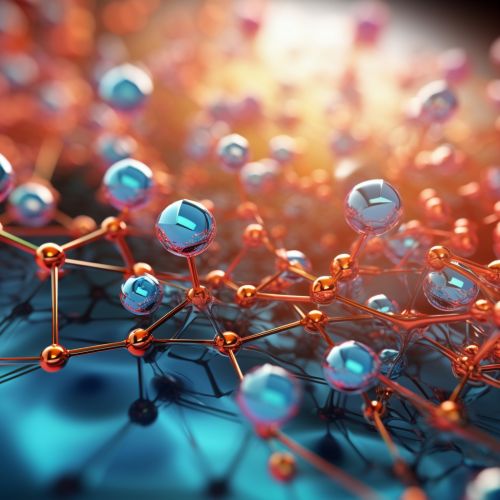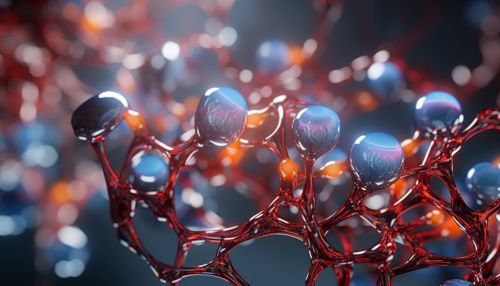Effector molecules
Introduction
Effector molecules are a class of molecules that play a significant role in the regulation of biological processes. They function by binding to specific proteins or enzymes, thereby altering their activity. This alteration can either be an increase (activation) or decrease (inhibition) in the activity of the protein or enzyme. Effector molecules are crucial in maintaining the homeostasis of biological systems and are involved in a myriad of biological processes, including metabolism, signal transduction, and immune response.


Types of Effector Molecules
Effector molecules can be broadly classified into two categories: positive effectors and negative effectors.
Positive Effectors
Positive effectors, also known as activators, increase the activity of the protein or enzyme they bind to. This binding often results in a conformational change in the protein or enzyme, which enhances its ability to catalyze a reaction or bind to another molecule. Positive effectors are often involved in the upregulation of metabolic pathways and signal transduction pathways.
Negative Effectors
Negative effectors, also known as inhibitors, decrease the activity of the protein or enzyme they bind to. They achieve this by binding to the protein or enzyme and inducing a conformational change that reduces its ability to catalyze a reaction or bind to another molecule. Negative effectors play a crucial role in the downregulation of metabolic pathways and signal transduction pathways.
Role in Metabolic Regulation
Effector molecules play a pivotal role in the regulation of metabolic pathways. They achieve this by modulating the activity of key enzymes involved in these pathways. This modulation allows the cell to respond to changes in its environment and maintain homeostasis.
For example, in the process of glycolysis, the molecule ATP acts as a negative effector. When the levels of ATP in the cell are high, it binds to the enzyme phosphofructokinase, reducing its activity. This slows down the rate of glycolysis, reducing the production of ATP. Conversely, when the levels of ATP in the cell are low, the binding of ATP to phosphofructokinase is reduced, increasing the rate of glycolysis and the production of ATP.
Role in Signal Transduction
Signal transduction is the process by which a cell responds to external signals. Effector molecules play a crucial role in this process. They function by binding to specific proteins called receptors, which are located on the cell membrane. Upon binding, the receptor undergoes a conformational change, which triggers a cascade of events leading to a specific cellular response.
For instance, in the process of G protein-coupled receptor (GPCR) signaling, the binding of a ligand (the effector molecule) to the GPCR triggers the activation of a G protein. This G protein then activates an enzyme, which generates a second messenger molecule. This second messenger molecule then triggers a series of events leading to a specific cellular response.
Role in Immune Response
Effector molecules also play a significant role in the immune response. They function by modulating the activity of immune cells, such as T cells and B cells.
For example, during an immune response, the T cell receptor on a T cell binds to a specific antigen presented by an antigen-presenting cell. This binding triggers the activation of the T cell, which then produces effector molecules such as cytokines. These cytokines then bind to specific receptors on other immune cells, modulating their activity and coordinating the immune response.
Conclusion
Effector molecules are crucial components of biological systems. They play a vital role in the regulation of various biological processes, including metabolism, signal transduction, and immune response. By binding to specific proteins or enzymes, effector molecules can modulate their activity, allowing the cell to respond to changes in its environment and maintain homeostasis.
